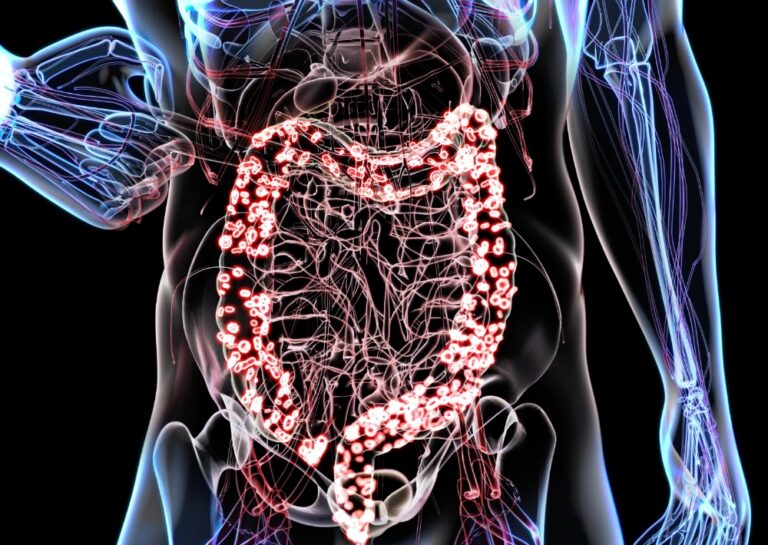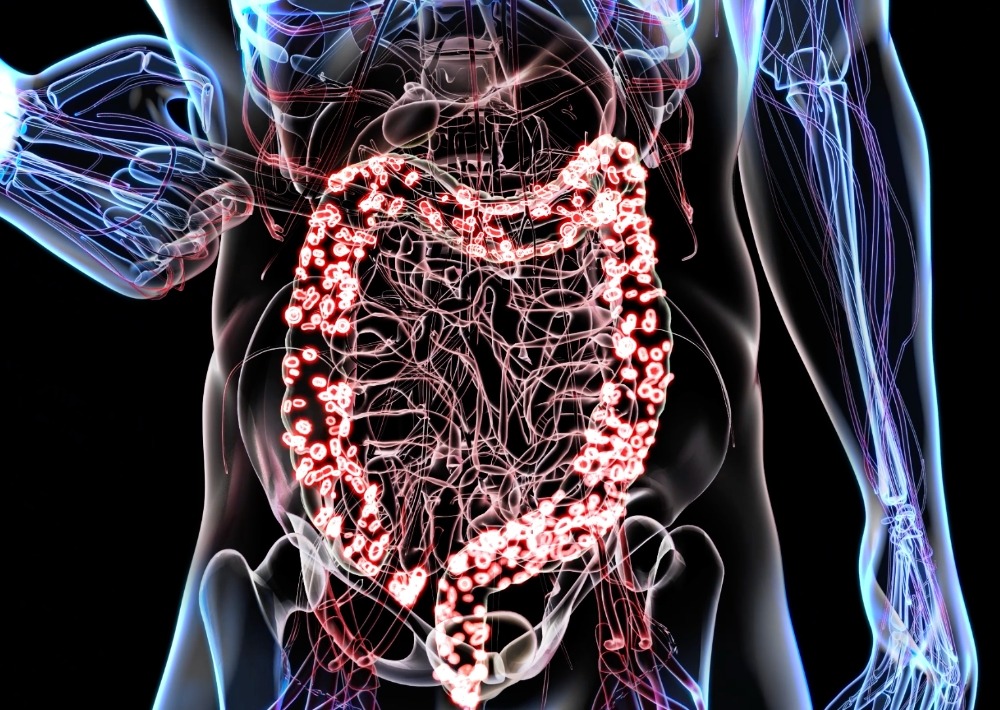
A healthy gut is the cornerstone of overall well-being. It’s not just about digestion; your gut health can influence everything from your immune system to your mood. Fortunately, there are numerous natural ways to support and enhance your gut health. In this comprehensive guide, we’ll explore ten effective strategies that can help you improve your gut health and lead to a happier, healthier you.
1. Incorporate Fiber-Rich Foods
Fiber is a gut’s best friend. Foods like fruits, vegetables, whole grains, and legumes are rich in fiber. They promote healthy digestion, help maintain a diverse gut microbiome, and prevent constipation. Fiber acts as a prebiotic, providing nourishment for the beneficial bacteria residing in your gut. This nourishment enables these friendly microbes to thrive, fostering a balanced gut environment.
2. Consume Probiotic Foods
Probiotics are the good bacteria your gut loves. Yogurt, kefir, sauerkraut, kimchi, and other fermented foods are excellent sources of probiotics. They help balance your gut flora and improve digestion. These live microorganisms can populate your gut, crowding out harmful bacteria and aiding in nutrient absorption. Probiotics contribute to a balanced gut microbiome, which is essential for overall digestive health. friendly microbes to thrive, fostering a balanced gut environment.
3. Prebiotic-Rich Foods
Prebiotics are the fuel for probiotics. Foods like garlic, onions, leeks, and asparagus are prebiotic powerhouses. Including them in your diet helps probiotics flourish. Prebiotics are essentially non-digestible fibers that pass through your digestive tract, providing a source of nourishment for the beneficial bacteria. By ensuring a diet rich in prebiotic foods, you provide probiotics with the sustenance they need to thrive and support your gut health.
Just note that following the diet and exercise routine in the 28 Day Workout Challenge, all 10 of these strategies will become normal practice in only 28 days!
4. Stay Hydrated
Proper hydration is essential for healthy digestion. Water keeps things moving smoothly in your gut and aids in nutrient absorption. Aim to drink plenty of water throughout the day to ensure your digestive system functions optimally. Dehydration can lead to slower digestion and potential constipation, which can disrupt your gut’s balance.
5. Manage Stress
Believe it or not, your gut and brain are closely connected. High stress levels can disrupt gut function. Engage in stress-reduction techniques like yoga, meditation, or deep breathing exercises to promote gut health. Chronic stress can lead to inflammation in the gut, affecting its overall health. By managing stress effectively, you can create a more harmonious environment for your gut to thrive.
6. Get Quality Sleep
Believe it or not, your gut and brYour gut heals and rejuvenates while you sleep. Aim for 7-8 hours of quality sleep each night to support your gut’s repair processes. Sleep deprivation can alter the composition of your gut microbiota and increase the risk of digestive issues. During sleep, your body conducts crucial maintenance work, including repairing and restoring your gut lining. Learn more about the importance of sleep.
7. Diversify Your Diet
Eating a wide variety of foods helps diversify your gut microbiome. Include an array of colorful fruits, vegetables, nuts, and seeds in your meals for a balanced gut. Different foods provide different nutrients, and by varying your diet, you provide a wide range of nutrients for both your body and your gut microbes. A diverse diet encourages the growth of various beneficial bacteria, contributing to a healthier gut ecosystem.
8. Limit Processed Foods and Sugar
Processed foods and excess sugar can harm your gut health. They feed harmful bacteria and promote inflammation. Opt for whole, unprocessed foods and limit added sugars. Highly processed foods often lack the fiber and nutrients necessary for a healthy gut. Additionally, excessive sugar consumption can lead to imbalances in your gut microbiome, potentially contributing to digestive discomfort.
9. Exercise Regularly
Physical activity isn’t just for your muscles; it’s great for your gut too. Regular exercise can improve gut motility, stimulate digestion, and maintain a healthy gut lining. Exercise also promotes the production of short-chain fatty acids, which support a healthy gut environment. Engaging in a consistent exercise routine can help maintain a balanced gut microbiome and enhance overall digestive health. Hmmm…go figure this would be part of the equation. Learn about my 28 Day Workout Challenge.
10. Stay Away from Antibiotics When Unnecessary
While antibiotics are vital for treating infections, unnecessary use can harm your gut flora. Only take antibiotics when prescribed by a healthcare professional. Antibiotics can disrupt the balance of your gut microbiome, potentially leading to digestive issues. If you do need antibiotics, consider taking probiotics alongside them to help maintain a healthy gut environment.
A healthy gut is a key factor in your overall health. By incorporating these ten natural strategies into your daily life, you can support and improve your gut health. Remember, it’s about making small, consistent changes that can lead to significant long-term benefits. Start nurturing your gut today, and your body will thank you with improved well-being and vitality. Your gut plays a pivotal role in your overall health, so investing in its well-being is a wise choice for a healthier future. By embracing these natural ways to improve your gut health, you’re taking a proactive step toward enhanced overall wellness and digestive harmony.




